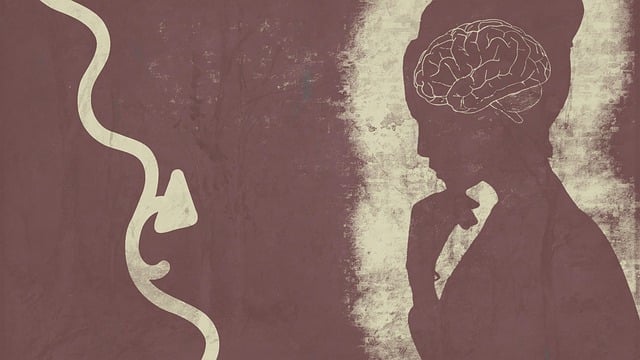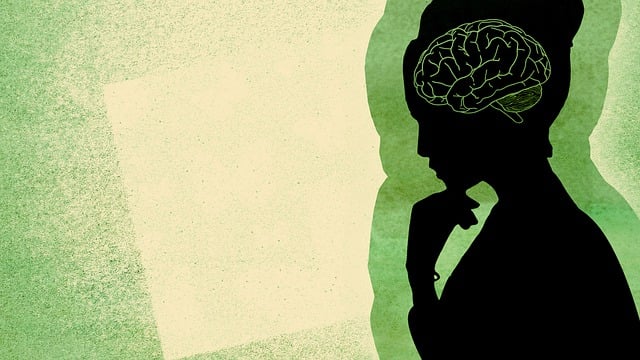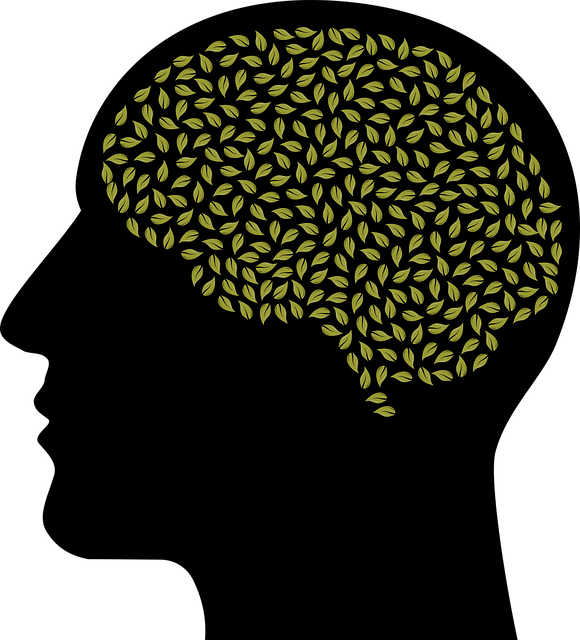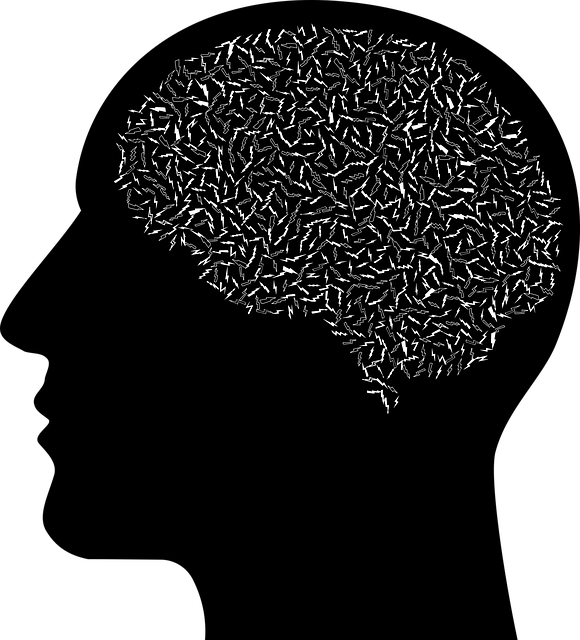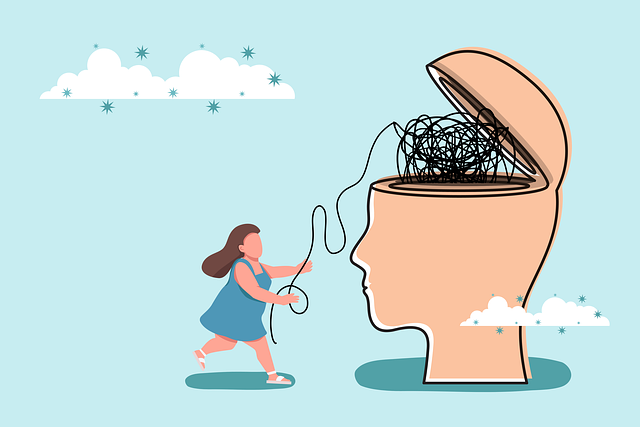Mental wellness journaling is a powerful tool for Highlands Ranch abuse survivors seeking therapy, offering a safe space for self-reflection and emotional processing. By documenting thoughts and experiences daily, individuals gain insights into their mental health journey, cultivate self-awareness, and develop coping strategies. This practice enhances self-care, stress management, and resilience, while also aiding professionals in risk management planning. Starting a journaling practice involves creating a quiet, personalized space and using prompts to guide writing. Services like Highlands Ranch Abuse Survivors Therapy offer tailored support for this transformative process, fostering self-expression, understanding, and growth in a supportive environment that respects cultural sensitivity.
Mental wellness journaling is a powerful tool for healing and self-discovery, especially beneficial for Highlands Ranch abuse survivors looking to navigate their therapy journey. This article guides you through understanding and utilizing this practice effectively. We explore the benefits tailored to survivors’ unique needs, offering practical tips on setting up your space and crafting meaningful entries. Learn how to create a supportive environment that fosters resilience and growth, all while leveraging journaling as a therapeutic companion in your Highlands Ranch abuse recovery therapy.
- Understanding Mental Wellness Journaling
- Benefits for Highlands Ranch Abuse Survivors
- Setting Up Your Journaling Practice
- What to Include in Your Entries
- Cultivating a Supportive Environment
Understanding Mental Wellness Journaling

Mental wellness journaling is a powerful tool for self-reflection and personal growth, especially beneficial for Highlands Ranch abuse survivors seeking therapy. It involves documenting thoughts, feelings, and experiences in a dedicated journal, allowing individuals to process their mental health journey. By setting aside time each day or week to write, one can explore emotions, identify triggers, and track progress. This practice enables individuals to cultivate self-awareness, a crucial aspect of healing and recovery.
Through journaling, survivors can engage in compassion cultivation practices by developing kindness and understanding towards themselves. It fosters self-care practices by encouraging individuals to prioritize their emotional well-being. Additionally, regular writing can aid in building self-esteem improvement by helping one recognize personal achievements and resilience. This form of expressive therapy offers a safe space for introspection and can be a transformative tool in the healing process.
Benefits for Highlands Ranch Abuse Survivors

For individuals who have experienced abuse in Highlands Ranch, maintaining mental wellness can be a transformative journey. Journaling offers a powerful tool for self-reflection and healing. Through structured exercises, survivors can process their experiences, gain insights into their emotions, and develop healthier coping mechanisms. This practice fosters personal growth by encouraging the expression of trauma, anger, or sadness safely and anonymously.
Regular journaling sessions allow Highlands Ranch abuse survivors to engage in self-care practices, enhancing their ability to manage stress and build resilience. By focusing on both physical and emotional well-being, they can improve their overall mental health. Moreover, it provides an opportunity for risk management planning, helping professionals identify potential triggers and develop strategies to navigate challenging situations. Incorporating journaling into therapy sessions can boost confidence as individuals take ownership of their healing process.
Setting Up Your Journaling Practice

Starting a journaling practice can be a powerful tool for mental wellness, especially for those navigating trauma and recovery, much like the services provided at Highlands Ranch Abuse Survivors Therapy. To begin, find a quiet space where you can write without interruptions. Consistency is key; aim to journal at the same time each day to establish a routine. Your journal should be a safe space, so consider personalizing it with inspiring quotes or images that resonate with your healing journey.
Use prompts to guide your writing and help you explore thoughts and emotions. For instance, “What am I grateful for today?” or “Describe a recent challenge and how I responded.” Incorporating Self-Awareness Exercises into your journaling routine can aid in managing anxiety and trauma symptoms. By regularly reflecting on your experiences and feelings, you promote emotional processing and gain valuable insights into your healing process.
What to Include in Your Entries

When engaging in mental wellness journaling as a therapeutic exercise, it’s beneficial to include various aspects that cater to your emotional and psychological well-being. Start by describing your daily experiences; note down significant events, interactions, or any triggers that impacted your mood and thoughts. Reflect on your emotions, both positive and negative, providing space for self-expression and understanding. For instance, if you’ve attended a support group meeting in Highlands Ranch, reflect on the discussion topics and how they resonate with your journey as an abuse survivor.
Integrate practices that promote mood management; track your coping strategies, whether it’s meditation, exercise, or creative outlets like art or writing. Consider incorporating insights from your Healthcare Provider Cultural Competency Training, especially if cultural or community-related factors influence your mental health. Additionally, jot down any challenges faced and solutions found, as this process can enhance self-awareness and personal growth. Engaging in these introspective practices regularly will contribute to your overall mental health, offering a space for reflection and continuous learning, much like navigating a complex yet rewarding mental health education programs design.
Cultivating a Supportive Environment

Creating a supportive environment is paramount for anyone engaging in mental wellness journaling, especially those who have experienced abuse and are seeking therapy in Highlands Ranch. This involves crafting a physical and emotional space where individuals feel safe to explore their thoughts and emotions honestly. In terms of resilience building, a structured yet comforting setting can help individuals navigate their journey towards healing.
Cultural sensitivity in mental healthcare practice plays a crucial role here. Recognizing and respecting diverse backgrounds and experiences ensures that journaling exercises are inclusive and relevant. For instance, incorporating cultural elements into prompts or allowing for personal interpretations tailored to individual needs fosters engagement. Additionally, integrating social skills training can encourage participants to share insights and build connections, enhancing the overall therapeutic effect.
Mental wellness journaling can be a powerful tool for Highlands Ranch abuse survivors to navigate their therapy journey. By setting aside dedicated time to reflect and process emotions, individuals can gain valuable insights and promote healing. Through structured entries focusing on their experiences, feelings, and thoughts, survivors can develop coping mechanisms and build resilience. This simple yet effective practice offers a private space to express themselves without judgment, fostering a supportive environment for personal growth. By incorporating these journaling guidelines, Highlands Ranch abuse survivors can take proactive steps towards healing and well-being.

